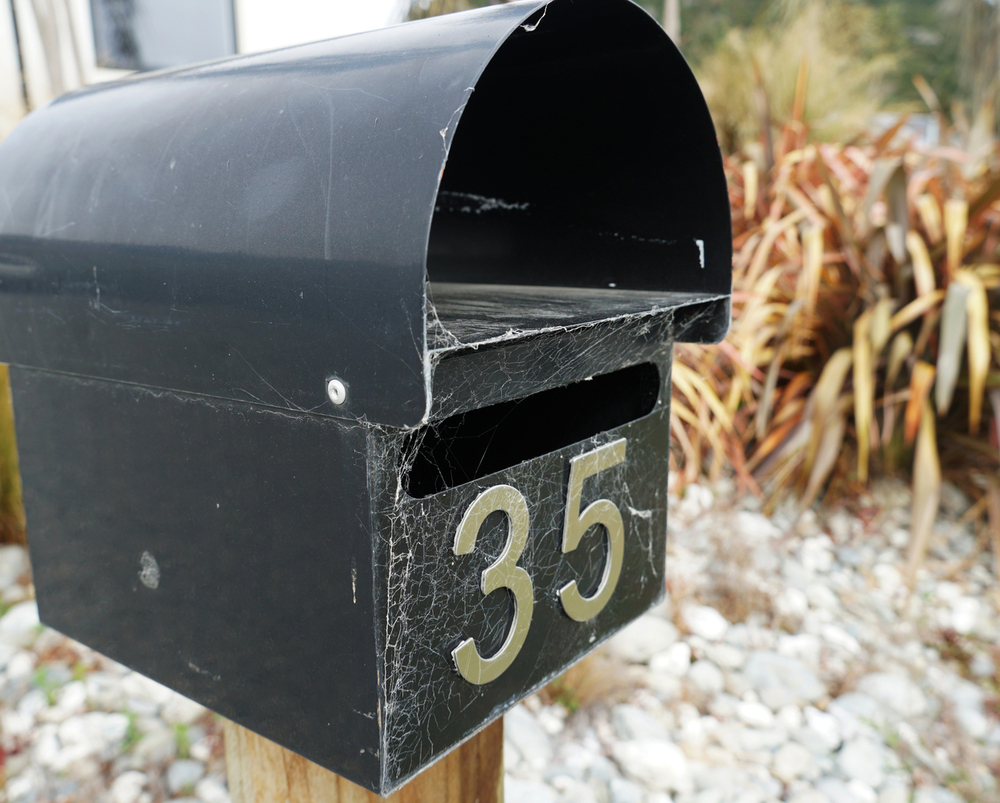Housing a major challenge for residents, survey finds
Sue Wards
03 March 2024, 4:06 PM
 Steep property prices are making home ownership a distant dream.
Steep property prices are making home ownership a distant dream.Housing continues to be a significant challenge for many residents, results from the district’s sixth annual Quality of Life Survey show.
Out of 1,767 responses from residents and 749 responses from non-residents, 21 percent of respondents said they worried about having a steady place to live in the future.
The survey report, written by Versus Research for Queenstown Lakes District Council (QLDC), said the district faces “significant affordability challenges, primarily marked by the high cost of housing”.
House ownership ‘a distant dream’
“Many respondents note that purchasing homes in the district remains a distant dream for some due to steep property prices,” the Versus Research report said.
It said high property prices and escalating rental costs place financial strain on those on fixed incomes, families, and people reliant on single or modest incomes.
The results also show that the costs of land and building discourages residents from building their own homes, “leaving them with limited options in the face of the district’s escalating housing costs”.
Go deeper: Housing proposal: ‘Tax on developers’ or ‘necessary pathway to growth’
One respondent said: “Unsure if will be able to continue to live in region as it’s too expensive to have a life and bring up a family without working every hour of the day. Rates are a rip off, stormwater in new subdivisions is terrible and flooding all the time.”
The rental market: Instability, stress, anxiety
The rise of short term rental platforms like Airbnb have significantly reduced long-term rental housing, the report said.
“Compounding this issue is the quality of the available housing stock,” with respondents complaining that rental properties need better insulation or heating.

Young people, women, renters and those with an income under $80,000 were more likely to be concerned about their future living situation.
“The lack of available and affordable housing is a problem,” one respondent said, adding there are “a lot of people desperate to find housing and are getting taken advantage of because there is nothing else available”.
More local families and workers have been forced to live in substandard conditions or even relocate away from the area, the report said.
“This instability in housing is also affecting family life, as some individuals and couples delay significant life decisions like starting a family due to the lack of secure housing. Moreover, community cohesion is eroding, particularly in areas dominated by short-term rentals, reducing the sense of belonging and continuity among long-term residents,” the report said.
Respondents said housing instability and uncertainty can cause considerable stress and anxiety.
A respondent said: “Renting and the lack of stability for renters is awful, particularly being at whim of landlord to change. This is severely damaging the social fabric and livability of district. So many people are desperate for rental homes. Empty houses and Airbnb must be stopped/made less enticing so empty houses can be made available for local people.”
In this year’s survey a greater number of respondents had used emergency accommodation (up five percent to 10 percent). The duration that respondents stayed in emergency accommodation also increased, with 48 percent staying in emergency accommodation for six months or more (compared to 22 percent in 2022).
Who is affected?
The survey results showed fewer than two thirds of respondents own the home they currently live in, 21 percent rent the whole space, and 12 percent rent a room. Seventy-seven percent had a steady place to live while 21 percent said they had a steady place today but are worried about losing it in the future. Two percent did not have a steady place to live.
Respondents who were female, under 39 years of age, who rent a room or a house, or who have a household income of under $80,000 were more likely to be concerned about their future living situation.
The results showed that respondents from Wānaka had greater housing stability and were more likely to own their own home, while those in Frankton were more likely to have concerns about the stability of their accommodation now and those in Queenstown were more likely to have concerns about the stability of their accommodation in the future. Queenstown had the highest proportion of respondents in temporary accommodation.
Go deeper: Opinion: The blot on Wānaka’s landscape
Council’s role
Some respondents expressed frustration with QLDC’s role in addressing housing challenges, with people wanting stricter regulation of short-term rentals and more thoughtful urban planning.
“There should be more that the council can do about the housing situation,” one respondent said.
QLDC said the survey informs its planning and decision-making, as well as other organisations responsible for delivering services.
While many issues, including housing, were “outside council control”, QLDC said, it “actively advocates to central and regional government on behalf of the community to improve the quality of these services in the district”.
The Quality of Life Survey received 1,767 responses from residents and 749 responses from non-residents. It was open from October 16 – November 19, 2023.
Read the full 2023 Quality of Life Survey results here.







